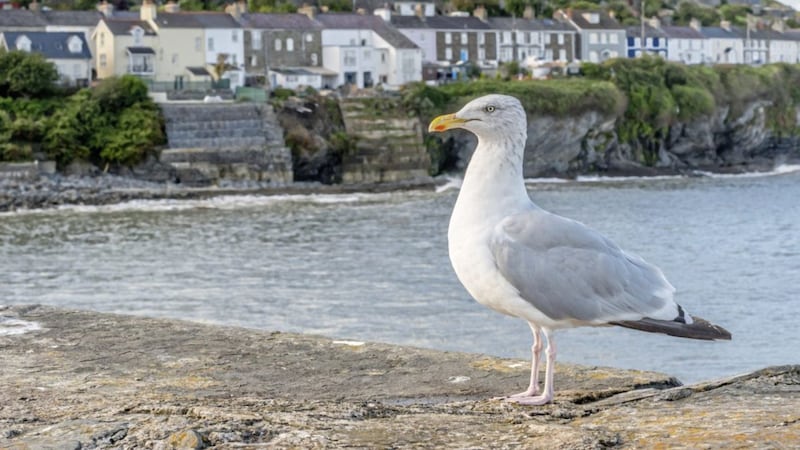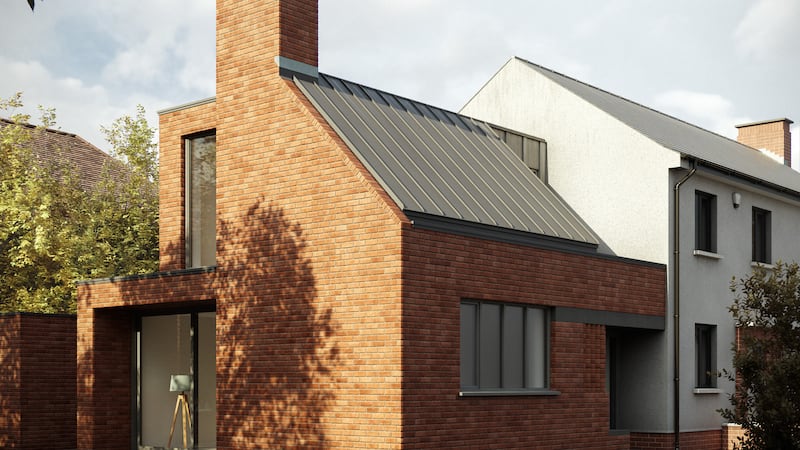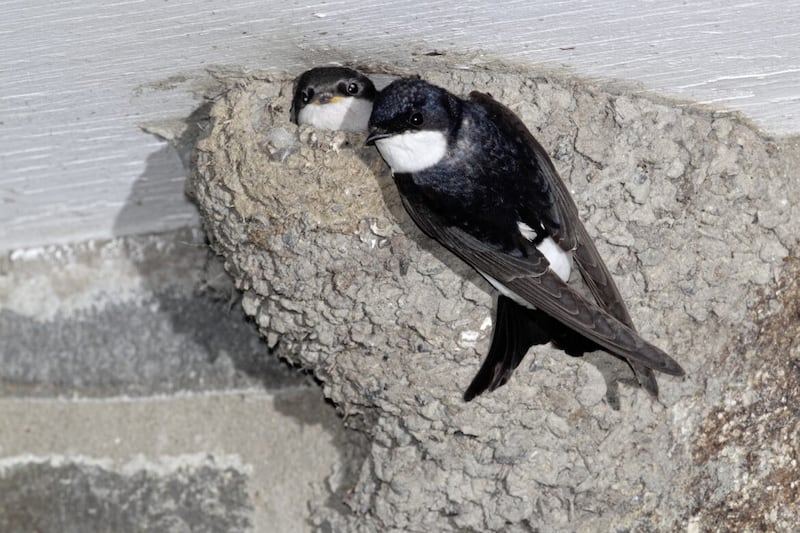DURING a recent visit to the city of Bath, south-west England, famous for its Roman-built baths and Georgian architecture, I had the great pleasure of seeing Yorkshire-born stand-up comedian, Maisie Adam perform in the intimacy of the Rondo Theatre.
With her quirky nature, unpretentious charm and incisive wit, she entertained us with stories about her upbringing and schooling before moving on to humorously mull over the costly misdemeanours and public exposure of some well-known individuals, including her own parents.
Adam displayed the pitiful-looking arrest mug shots of each one, while inviting her audience to reflect on how harshly we often judge people who make one mistake which they immediately own and how perhaps we should be more cognizant of the circumstances and context for their errors. "Context is everything," she says.
This phrase remained in my head throughout my stay, especially after reading a letter in the local Bath Chronicle letters page, from a member of the public who complained bitterly about the scourge of "urban seagulls blighting the historic city centre".
He was writing in support of a neighbouring local councillor who was encouraging a cull of what he described as "vicious flying rats which wake people up in the early hours of the morning, bombard cars with droppings, attack pets and prevent people from sitting in their gardens and opening their windows".
The letter writer went on to criticise the past attempts of egg oiling and egg removal by Bath and North East Somerset (B&NES) council as ineffective, non-lethal control methods and concluded by imploring them to stop "dithering and get a grip of the urban gull problem that threatens our rights as citizens of Bath to lead a civilised life".
Similar debates arise in relation to gulls in many coastal cities and holiday destinations around Ireland where they are considered a major nuisance, because of their pesky behaviour around outside dining areas and swooping down to snatch food. Undoubtedly this behaviour is annoying, but to be expected if we continue to provide open areas for consuming food and carelessly leave waste lying around for birds to hoover up.
Our consumer-driven and wasteful society is the context for the presence of these raiding gulls as they simply avail of opportunities to find easy food. When large groups of marauding jackdaws and rooks descend noisily to bully smaller birds off feeders in my garden, I must accept responsibility for attracting and encouraging them with food I’ve left out.
Perhaps we need to examine more closely the part we play when in conflict with nature and try to understand better how the natural world works.
Although there are many species of gull resident along Irish coastlines, herring gulls probably cause the most problems in built-up areas. They are large, intelligent, adaptable birds, happy to nest on rooftops, drink salt or freshwater and their scavenger diet allows them to eat anything from sea-fish to rubbish from city centres and landfills.
As well as aggressive behaviour around feeding areas, a build-up of gull droppings can cause structural damage to street lights, car paint and roofs. Droppings also contain bacteria and parasites which carry a variety of diseases.
It is inevitable, however, as we encroach further on wild spaces to facilitate urban development and housing needs, that birds and animals will continue to adapt, finding suitable shelter and food among our built environment and living spaces. How we manage that in the future presents a major challenge and in facing it maybe we should take on board Maisie’s wise words, ‘Context is everything…’.








